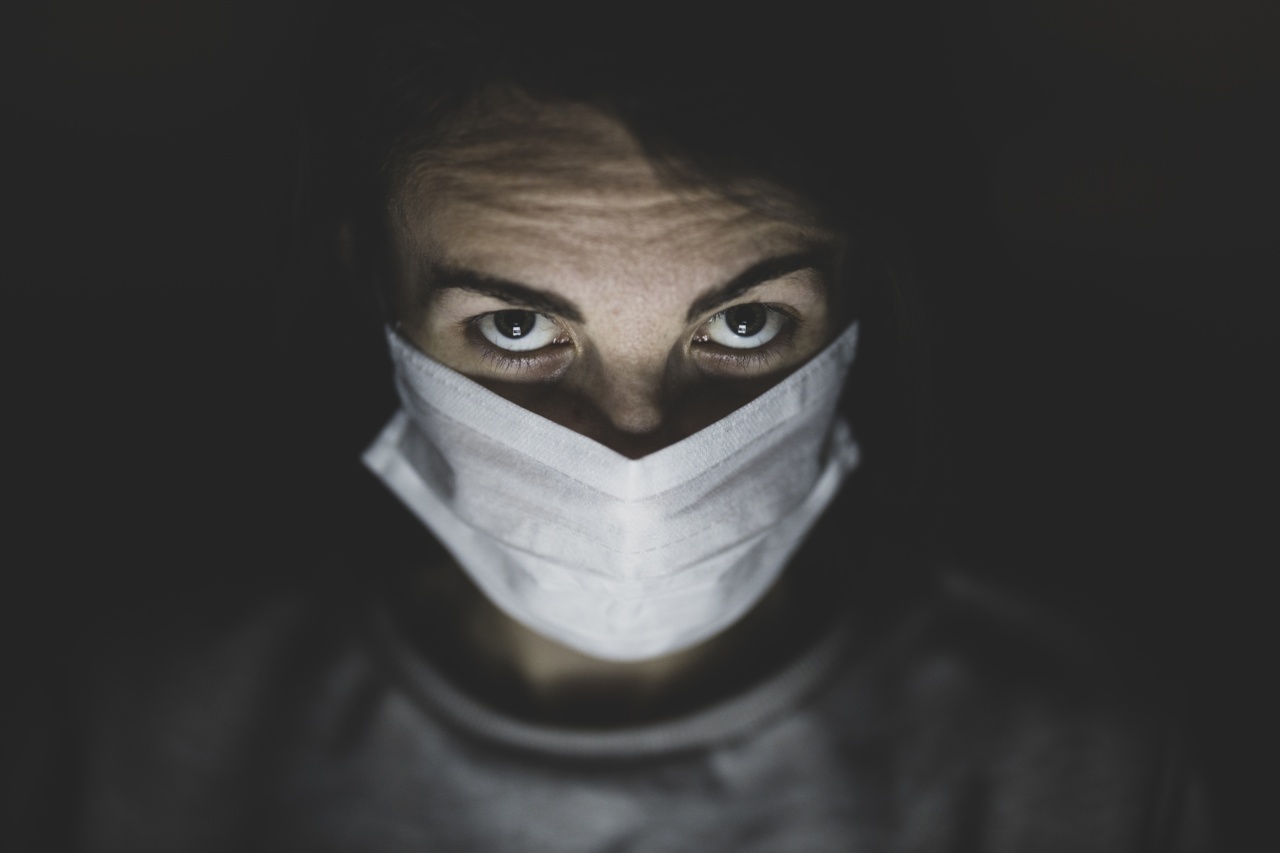Genital herpes is a sexually transmitted infection (STI) caused by the herpes simplex virus.
It is a common infection that can affect anyone who is sexually active, and it can be passed from one person to another even when there are no visible symptoms present. In this article, we will discuss the symptoms of genital herpes and some tips on how to prevent it from occurring.
What are the symptoms of genital herpes?
The symptoms of genital herpes can vary widely from person to person. Some people may not experience any symptoms at all, while others may have severe symptoms that can affect their daily lives. Some of the most common symptoms of genital herpes include:.
It is important to note that it can take 2-20 days after exposure for symptoms of genital herpes to appear. Additionally, some people may experience recurring outbreaks of genital herpes throughout their lives.
Prevention tips for genital herpes
The best way to prevent genital herpes is to take precautions during sexual activity. Here are some tips on how to prevent the infection:.
When to seek medical help
If you suspect that you or your partner may have genital herpes, it is important to seek medical help right away. A healthcare professional can provide you with a definitive diagnosis and offer you treatment options to manage your symptoms.
It is also important to seek medical help if you experience any complications from genital herpes, such as recurring outbreaks, severe pain, or difficulty urinating.
Your doctor may recommend different treatment options, including antiviral medications or topical treatments, to help manage your symptoms.
Conclusion
Genital herpes is a common STI that can affect anyone who is sexually active. While there is no cure for genital herpes, there are many ways to prevent the spread of infection and manage the symptoms.
By taking precautions during sexual activity, practicing good hygiene, and seeking medical help when needed, you can reduce your risk of contracting genital herpes and manage the symptoms effectively.



























